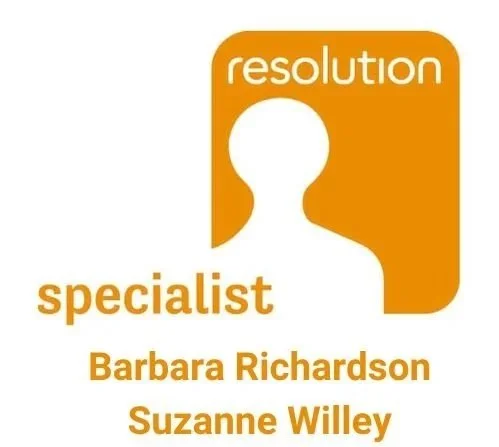Property disputes over boundaries are a very common occurrence. Whether you are carrying out renovations and extensions, or you feel a neighbour has done something that encroaches on your property, these kinds of disputes can end up being bitter and lengthy. They can also be time consuming and costly, which is why it makes the most sense to avoid them altogether. So, how do you do it?
Avoid a dispute in the first place
The key to remaining dispute free when it comes to boundaries is understanding your position from the start. There is plenty of information available, from your property deeds, to the Land Registry and the local planning office, so there is no reason to be misinformed. Many disputes arise over a lack of information and then escalate because one party cannot admit they are wrong. So, before you start insisting on your rights, make sure you can see them somewhere in writing.
De-escalate as much as you can
Anger and frustration can quickly enter into discussions about assets and anything that might affect the value of something we own. To avoid complex misunderstandings, try to de-escalate any situation that occurs as it is happening. Avoid setting yourself up as an opponent and try to remain on good terms with your neighbour. It is possible to resolve a boundary dispute without it becoming a conflict. Remember that you will have to live next door to this person until you move so it is far better to try and avoid all out war.
Keep notes and records
Record any historical structures, such as remnants of previous fences and walls, with photographs and keep notes of discussions as they take place. Make sure you keep correspondence about changes or issues that arise and consider having a third party present during discussions that look like they could get heated. It can be useful to have a timeline of events to refer back to if your dispute ends up going further.
Consider involving professionals
Although no one ever wants to bear the cost of professional advice, it can end up significantly reducing your overall costs in the end if you take it early. An independent surveyor, for example, can be appointed to help bring the dispute to an early conclusion. Where escalation is inevitable, or you are not sure where you stand, obtain legal advice as soon as possible. If you are the person planning to make changes to your home or property then it is a good idea to be sure of the legal right to go ahead before you start incurring costs. You will need to take advice on any legislation that applies, such as the Access to Neighbouring Land Act 1992 or the Party Wall Act 1996.
Be aware that your anger could cost you
There have been a number of boundary disputes cases in which we have seen damages awarded for harassment, nuisance, trespass and personal injury where relations have become really fraught. No matter how frustrated you feel, it is important to avoid aggression, intimidation and violence – it sounds obvious but in the heat of the moment it can be hard to contain. However, as many property owners have found, it can be very costly in the long run.










